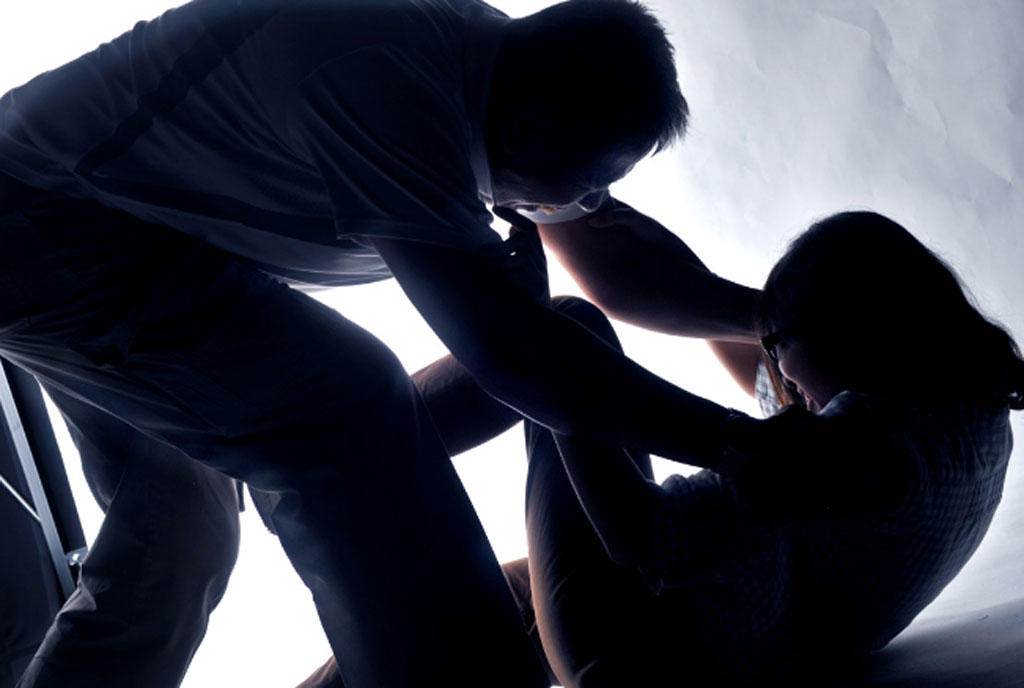
A defence lawyer showed a 17-year-old girl’s thong or G-string in court as alleged proof of her consent in a rape case
Protests flared across Ireland last week triggering a viral campaign online after a defence lawyer showed a 17-year-old girl’s thong or G-string in court as alleged proof of her consent in a rape case.
The outrage has included a female lawmaker brandishing underwear in parliament and women posting pictures of their thongs online with the hashtag #ThisIsNotConsent.
“It might seem embarrassing to show a pair of thongs in this incongruous setting,” said Member of Parliament Ruth Coppinger, pulling the underwear from her sleeve against the objections of the speaker on Tuesday.
“But the reason I’m doing it — how do you think a rape victim or a woman feels at the incongruous setting of her underwear being shown in a court?”
She was referring to a rape case in the republic’s southern city of Cork, where a girl’s underwear was shown to jurors.
The 27-year-old defendant was acquitted, Irish media reported.
“A barrister actually told a jury to ‘look at the way she was dressed’, that she was ‘open to meeting someone’ because she was ‘wearing a thong with a laced front'”, Coppinger added.
“Women in this country are getting a little bit weary at the routine victim-blaming going on in Irish courts.”
Protests have now taken place in the cities of Dublin and Cork as well as Belfast in Northern Ireland — with women appearing brandishing pairs of underwear and placards emblazoned with the phrase “This is not consent.”
Protestors are calling for a reform in Irish rape prosecution laws to deny the defense practice, which they say, reflects a culture of victim-blaming.
“Bringing rape myths into a sexual violence case is to bring misogyny into a sexual violence case,” Clíona Saidléar of Rape Crisis Network Ireland told AFP on Friday.
She said culture places “enormous pressure” on women and girls “to be sexualised and to present sexually” — but that rape trials then often punish that same behaviour with the use of such “evidence”.
Clothing, as well as fake tan and contraception, have all been used as alleged proof of consent in recent rape trials, Coppinger said Tuesday.
These latest protests follow demonstrations in Ireland and Northern Ireland after the so-called “Belfast rugby rape trial” — when Ireland players Paddy Jackson and Stuart Olding were acquitted of raping a woman in 2016.
More than 4,000 protesters gathered in Dublin after the pair walked free in March.






























































